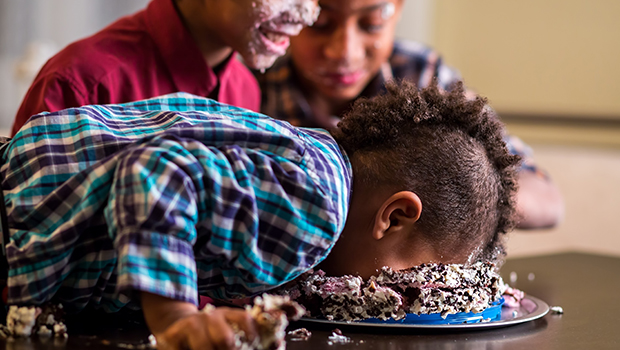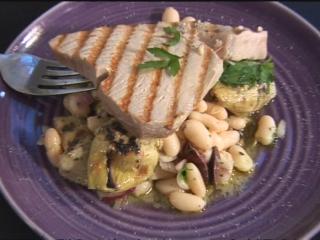This section is for everyone.
Overview
Meal Planning
Self-monitoring of Blood Glucose
Use of Insulin and Diabetes Medications
Foot Care
Urine Testing for Ketones
Annual Health Checks
You need to be confident about…
Overview
The Joslin Diabetes Centre have a check list so you can see what sort of things you need to know to look after yourself with diabetes. This list covers type one and type two diabetes. For each heading I will list what we have already covered on this course and what we will be covering in more depth in the Type One Section *
There is a considerable overlap between both types of diabetes. To start with most people with insulin dependent diabetes diagnosed in childhood or young adulthood are not overweight or insulin resistant. As time goes on this may change so Type Ones would benefit from reading the earlier sections to see if any of it applies to them. The majority of the carb counting methods have also already been covered in the Metabolic and Type 2 section.
For type twos who start off on diet or oral medications they may find that after a while this is no longer sufficient to maintain normal blood sugars. You may benefit by reading on to find out how to deal with insulin now or in the future.
If you don’t feel really confident about any of the things I have listed please take advantage of some of the books and internet resources in the help sections. It is important that you know what to do ahead of any emergency developing so please contact your diabetes support team for further personal training.
MEAL PLANNING
Your own meal plan
know how carbs, proteins* and fats affect the body
special foods and occasions
dining out
portion control
label reading
how to fit in treats*
alcohol*
SELF MONITORING OF BLOOD SUGAR
blood glucose goals
how to use the meter
monitoring schedule*
storing supplies*
interpreting blood glucose values and making decisions in diabetes treatment plan*
USE OF INSULIN AND DIABETES MEDICATIONS
Action and side effects of medication*
timing and schedule*
insulin injection techniques*
storage, refrigeration and disposal of supplies*
what to do if you miss a dose*
EXERCISE
What type, how long, how hard, how often and when.*
snacking adjustments*
preventing high and low blood sugars*
KNOWLEDGE OF HIGH AND LOW BLOOD GLUCOSE
Factors that cause high and low blood glucose*
symptoms*
how to treat*
when to call a healthcare provider*
how to prevent*
FOOT CARE
daily foot care*
emergency treatment for cuts, sores and abrasions.
how to do a proper foot exam*
proper footwear
URINE TESTING FOR KETONES
When and how to check for ketones*
What ketones mean*
When to call a doctor*
YOUR HEALTH TEAM WILL DO THESE ANNUAL CHECKS AND TESTS
A1C ( 2-4 times a year)*
kidney function*
cholesterol, ldl, hdl, triglycerides*
foot exam*
eye exam*
blood pressure*
general health check eg thyroid, tests for coeliac disease and anything relevant to you*
YOU NEED TO BE VERY CONFIDENT ABOUT…
Your own meal plan
The medication you are taking
Your glucose monitoring system
The treatment of high and low blood sugars
How to manage your sick days
Your risk factors for developing other health problems
Your foot care
Quick Quiz:
1. A test type twos should have done every six months is…
a Liver function and creatine kinase.
b Hbaic.
c Fasting lipids.
d Sex hormone binding globulin.
Have you got it?
1. You must have your hbaic checked every 3-6 months. If statins are being taken, fasting blood lipids, liver and creatine kinase levels may be taken episodically.
Where to Next?
Please all proceed to the How To: Safely Dispose of Needles and Other Sharps section.



